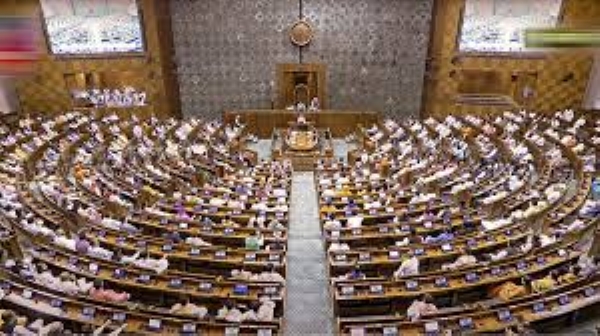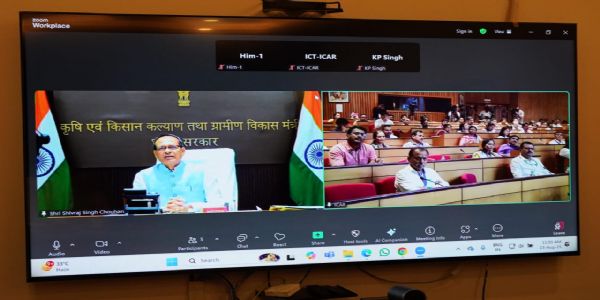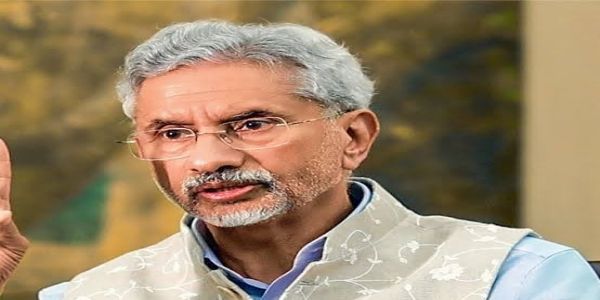
Delhi, 19 August (H.S.): In a dramatic culmination to the 19th day of the Monsoon Session of the Indian Parliament, both Lok Sabha and Rajya Sabha were adjourned following the passage of pivotal bills that mark significant strides in India’s legislative agenda. The Rajya Sabha gave its nod to the Mines and Minerals (Development and Regulation) Amendment Bill, 2025, aimed at easing regulatory norms to boost mining of critical minerals, a key sector for the nation’s strategic and economic resilience. Simultaneously, Lok Sabha passed the Indian Institutes of Management (Amendment) Bill that authorizes a corpus fund of Rs 555 crore from 2025-26 to 2029-30 for establishing the new IIM Guwahati campus, amidst vociferous protests over the Special Intensive Revision (SIR) of electoral rolls in Bihar.
The Upper House’s proceedings were marked not only by the passage of the Mines and Minerals Bill but also by an intense demand from opposition members to debate the contentious SIR issue. Chairperson Ghanshyam Tiwari, however, firmly ruled that no discussion beyond the Bill’s consideration would be officially recorded, underscoring the government’s commitment to its legislative priorities amid political turbulence.
The Lower House’s session was similarly charged, disrupted by opposition protests condemning the SIR exercise, which they allege threatens the sanctity of electoral democracy in Bihar. Despite multiple adjournments triggered by the uproar, the bill setting up the IIM Guwahati stood passed, signaling a major boost to higher education infrastructure with an eye on India’s future leadership in management education.
Adding to the legislative milestones was the President’s recent assent to the National Sports Governance Bill, 2025, a transformative reform hailed by Sports Minister Mansukh Mandaviya as a watershed moment destined to overhaul sports administration in India. This move aims to create a robust framework empowering autonomous governance in sports, promoting transparency, professionalism, and athlete welfare.
Throughout the session, Parliament also witnessed revelations on government enforcement and administrative actions, such as the Securities and Exchange Board of India’s enforcement against 886 entities for market manipulation from April 2024 to June 2025, reflecting heightened regulatory vigilance. Additionally, data emerged highlighting historic population control initiatives during the Emergency era, revealing that over 1.07 crore individuals were sterilized against a target of 67.4 lakh — stark testimony to the era’s controversial policies.
Despite sporadic disruptions, the Monsoon Session also saw efforts to expand inclusivity with the announcement that interpretation facilities will now cover all eight scheduled languages in Lok Sabha, a move applauded for strengthening linguistic diversity in parliamentary proceedings.
As the curtain falls on this crucial day’s legislative battles and political theatre, the parliamentarians leave no doubt that India’s democracy is simultaneously vibrant with debate, assertive in reform, and resilient in facing contentious challenges. The passage of key bills amidst protest signals both the complexities and dynamism underpinning India’s governance as it strides towards strategic development goals and institutional strengthening in 2025 and beyond.
---------------
Hindusthan Samachar / Jun Sarkar








